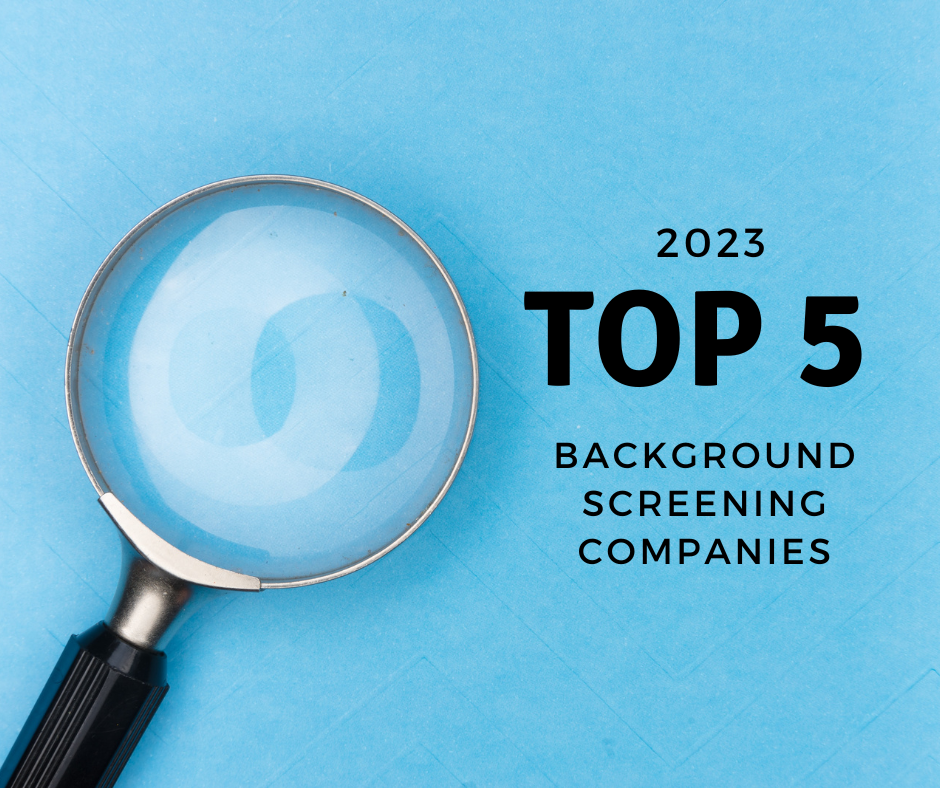Parks and recreation departments are more than just green spaces and gyms – they are the heartbeat of communities. From summer camps to youth sports, recreation centers to after-school programs, these organizations foster inclusion, learning, and well-being. But behind every soccer practice or swim class lies a critical responsibility: ensuring the safety of every participant, volunteer, and staff member.
The National Recreation and Park Association (NRPA) has developed standards and best practices to help agencies meet that responsibility. And at the center of those guidelines is background screening – a process that not only reduces risk but also strengthens public trust.
Why NRPA Standards Matter
When families sign their kids up for a sports league or community camp, they expect more than fun — they expect safety. NRPA makes it clear that creating safe spaces is a non-negotiable standard, not an optional add-on.
According to NRPA’s Safe Routes to Parks Action Framework, public confidence in safety directly affects participation. Communities are more likely to invest time, money, and trust in programs where safety protocols are visible and reliable.
By prioritizing background screening, agencies show that they are not only compliant but also committed to protecting the populations they serve.
Related: The ROI of Continuous Monitoring: Catching Risk Before It Costs You
The Unique Risks in Parks & Recreation
The risks faced by parks and rec agencies differ from traditional workplaces. Staff and volunteers are often working directly with children, seniors, and individuals with disabilities – groups considered vulnerable under most state and federal laws.
- Youth programs: Coaches, referees, and camp counselors may have unsupervised access to children.
- Senior activities: Staff are often entrusted with the health and well-being of older adults.
- Facilities: Workers may manage access to pools, gyms, and community centers where the public gathers.
The Centers for Disease Control and Prevention (CDC) emphasizes that environments without structured safeguards are more prone to abuse or neglect. For parks and rec, robust background checks serve as the first line of defense.
What NRPA Recommends for Screening
NRPA urges agencies to adopt a comprehensive and ongoing screening program. This means moving beyond a one-time background check at the point of hire or volunteer onboarding.
Recommended components include:
- National criminal history searches across multiple jurisdictions.
- Sex offender registry checks to prevent those with known offenses from gaining access.
- Identity verification to ensure candidates are who they claim to be.
- Reference checks for roles with direct youth involvement.
- Continuous monitoring so new issues are flagged after onboarding.
The National Council of Youth Sports also highlights the importance of recurring checks, noting that risk management is an evolving responsibility.
Tools That Help Agencies Stay Compliant
For many departments, particularly smaller ones, keeping up with screening requirements feels daunting. Budgets are tight, staff are stretched thin, and manual processes can create bottlenecks.
That’s where technology simplifies compliance:
- Chex365 streamlines monitoring and reporting in one platform, helping agencies maintain alignment with NRPA standards.
- Chexpass adds an additional layer of safety by managing visitor access at facilities, and helps you to ensure that only vetted individuals enter sensitive areas.
Together, these tools reduce administrative burden while reinforcing a culture of accountability and safety.
Learn more: NRPA – Youth Sports Safety Policies
The Cost of Getting It Wrong
The consequences of overlooking screening are significant. Beyond reputational damage, agencies may face lawsuits, funding losses, or worse – a tragic incident that could have been prevented.
The U.S. Department of Justice notes that organizations working with vulnerable populations have heightened obligations to vet staff and volunteers. Even a single oversight can erode decades of community trust.
Financially, the cost is steep as well. According to Investopedia, a bad hire can cost up to 30% of that individual’s first-year salary. For tax-funded parks and rec programs, these losses hurt not just the department but the entire community.
Building Trust Through Safety
While compliance is critical, background screening is about more than meeting standards. It’s about creating a culture where participants, families, and staff feel safe.
- Parents gain peace of mind knowing their child’s coach has been vetted.
- Seniors feel comfortable engaging in recreation programs.
- Volunteers feel proud of working for an organization that values safety.
Research from Gallup shows that trust and security directly impact engagement and retention. Parks and rec agencies that embrace background screening as a cultural priority – not just a compliance checkbox – foster stronger, more resilient communities.
Conclusion: Raising the Bar in Parks & Recreation
Meeting NRPA standards is about more than avoiding risk. It’s about protecting vulnerable populations, strengthening public confidence, and ensuring programs thrive for years to come.
By embracing comprehensive screening and leveraging tools like Chex365 and Chexpass, parks and recreation leaders can meet – and exceed – NRPA guidelines while reinforcing their most important promise: to provide safe, welcoming spaces for all.
Ready to raise the bar in your parks and rec programs? Book a demo with Bchex today.



